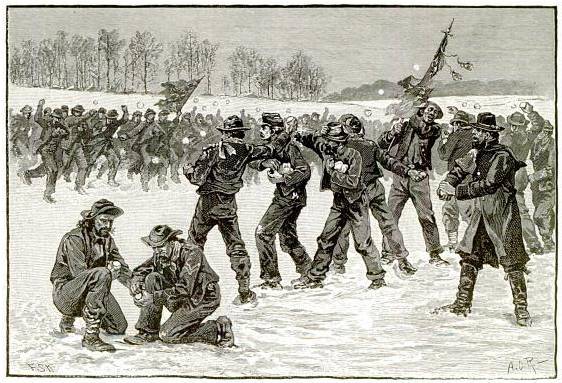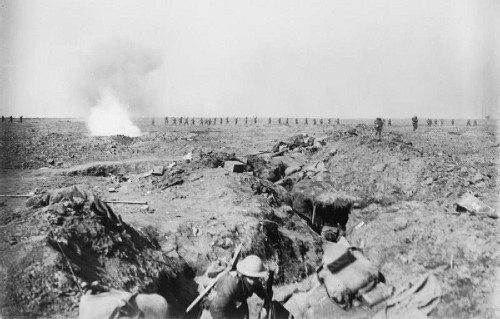A canal stockholder’s argument against railways, from the Vincennes, Ind., Western Sun, July 24, 1830:
He saw what would be the effect of it; that it would set the whole world a-gadding. Twenty miles an hour, sir! Why, you will not be able to keep an apprentice-boy at his work: every Saturday evening he must take a trip to Ohio, to spend the Sabbath with his sweetheart. Grave plodding citizens will be flying about like comets. All local attachments must be at an end. It will encourage flightiness of intellect. Veracious people will turn into the most immeasurable liars; all their conceptions will be exaggerated by their magnificent notions of distance. ‘Only a hundred miles off! Tut, nonsense, I’ll step across, madam, and bring your fan!’ ‘Pray, sir, will you dine with me to-day at my little box at Alleghany?’ ‘Why, indeed, I don’t know — I shall be in town until twelve. Well, I shall be there; but you must let me off in time for the theatre.’ And then, sir, there will be barrels of pork, and cargoes of flour, and chaldrons of coals, and even lead and whiskey, and such like sober things, that have always been used to sober travelling, whisking away like a set of skyrockets. It will upset all the gravity of the nation. If two gentlemen have an affair of honour, they have only to steal off to the Rocky Mountains, and there no jurisdiction can touch them. And then, sir, think of flying for debt! A set of bailiffs, mounted on bomb-shells, would not overtake an absconded debtor — only give him a fair start. Upon the whole, sir, it is a pestilential, topsy-turvy, harum-scarum whirligig. Give me the old, solemn, straightforward, regular Dutch canal — three miles an hour for expresses, and two for jog-and-trot journeys — with a yoke of oxen for a heavy load! I go for beasts of burthen: it is more primitive and scriptural, and suits a moral and religious people better. None of your hop-skip-and-jump whimsies for me.





